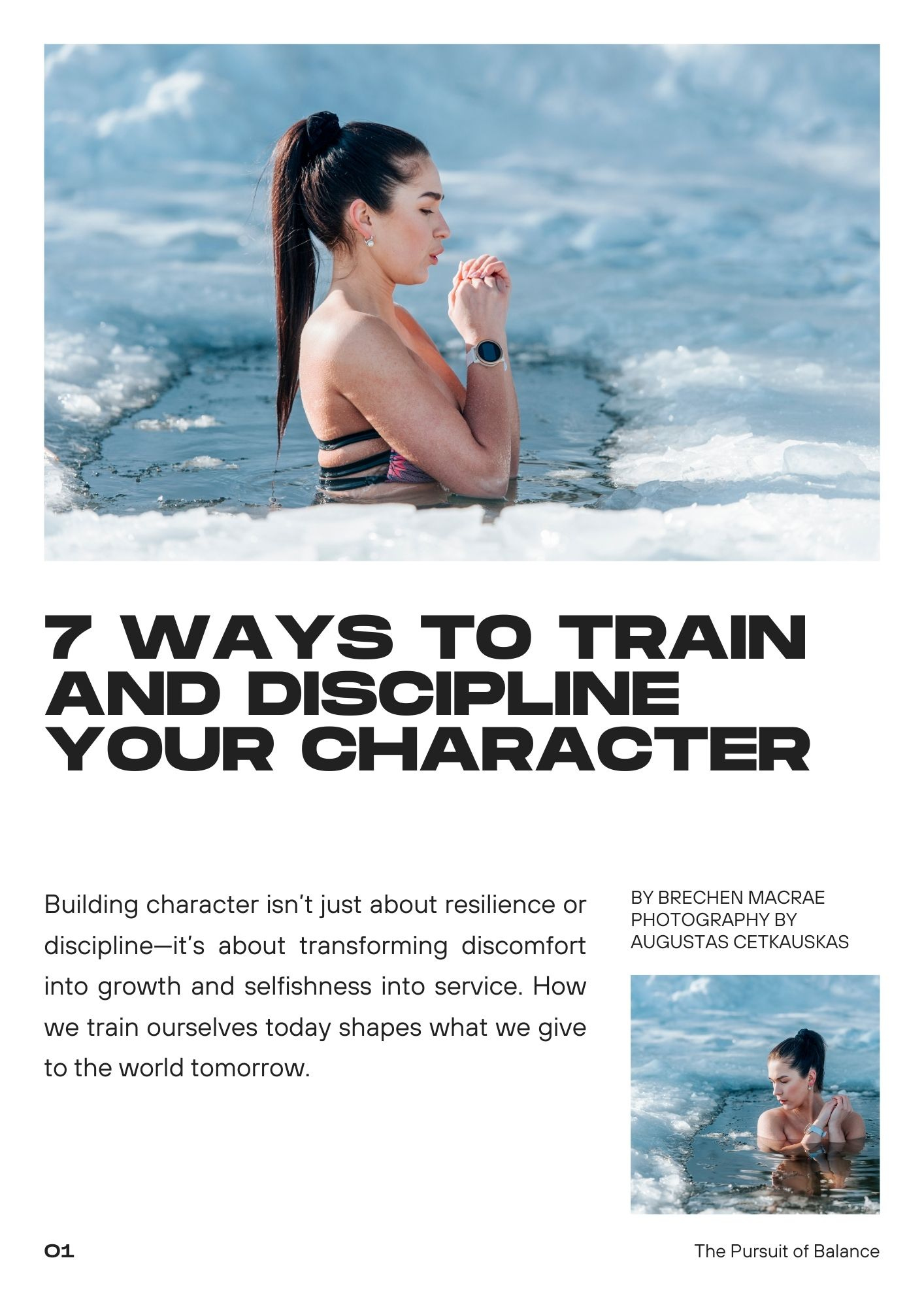7 Ways To Train And Discipline Your Character
Practical Steps to Build Resilience, Embrace Discomfort, and Cultivate a Life of Purpose
I was watching a live discussion between Ryan Holiday and Robert Greene the other day. Holiday asked Greene what he thought about AI, and his answer resonated with me. He recounted how, as a language student, he was tasked with translating a notoriously difficult passage. He spent hours and hours reading one paragraph, trying to understand it. Finally, …
Keep reading with a 7-day free trial
Subscribe to The Pursuit of Balance to keep reading this post and get 7 days of free access to the full post archives.




